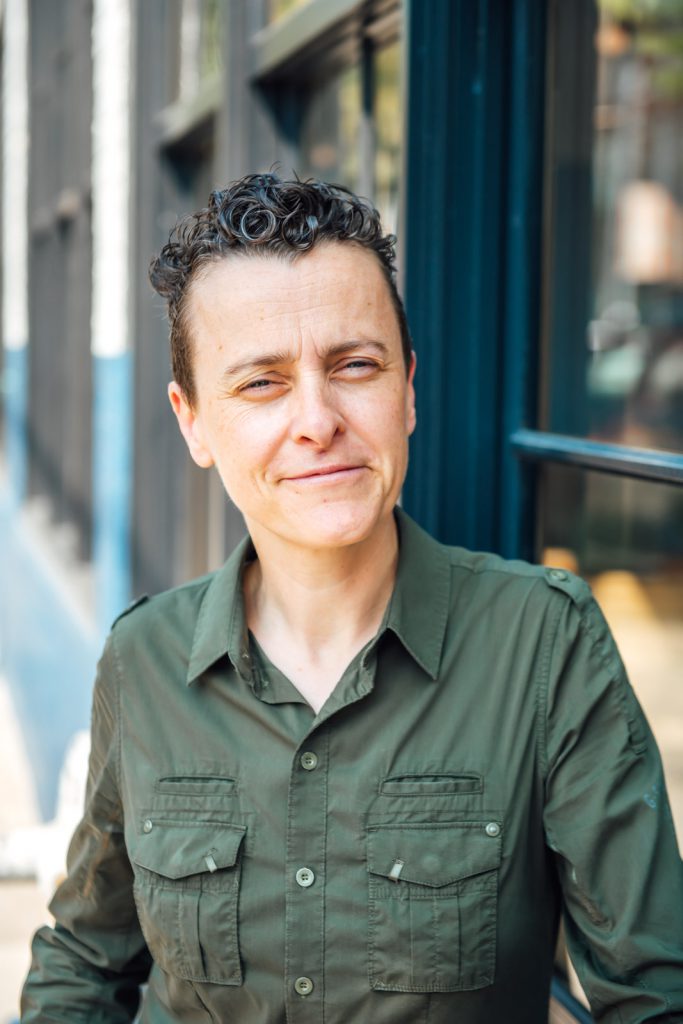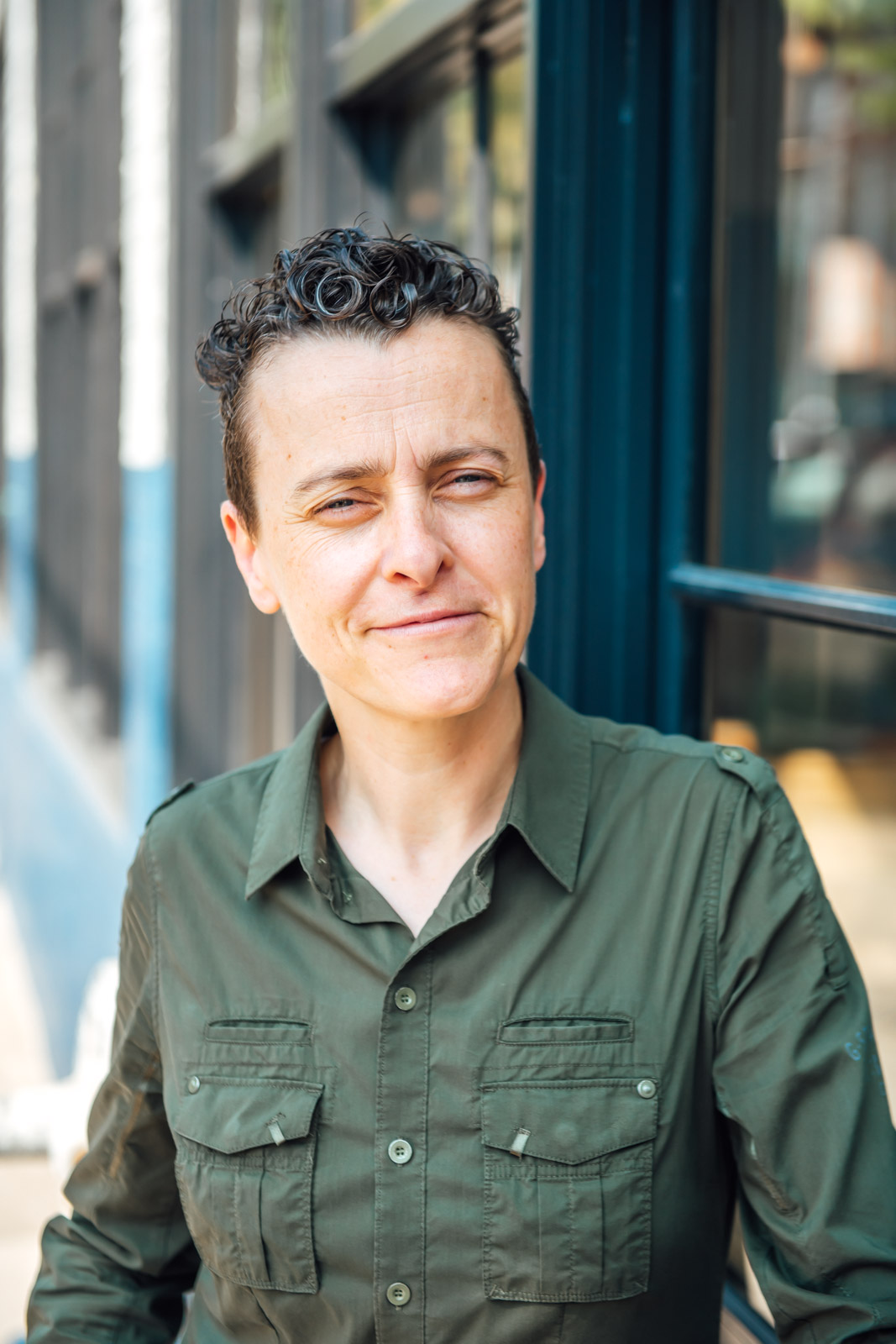Remember March 1, 2020?
The world felt very different then. On that day, we officially launched our UpSocial Canada Caring Communities Challenge, extending an invitation to Toronto-based community organizations to join us in exploring how we might collectively look after each other better in the places where we are.
In defining what we meant by “looking after each other”, we used three prompts:
- How do we ensure people feel like active participants in their city; that people feel seen and heard?
- How do people make use of the spaces between our soaring towers to engage with each other and look out for one another?
- How do we respond to each other in a time of disruption – from transit cancellations to extreme weather events?

Of course, disruption looks very different today. The global pandemic and the powerful movement for racial justice has shown us in real time how we respond to each other in a time of disruption and in doing so, it has uncovered great acts of generosity, courage and community resilience, as well highlighted gaps in care and connection.
Initially, COVID-19 motivated me to pursue the project more quickly. I felt an urgency to select our community organization co-hosts. I was itching to get going on the research and engage with local residents. But I was stopped short of progressing for good reason.
Despite my enthusiasm, we couldn’t get anywhere by hurrying timelines and trying to convince people this was the most important activity right now. And although it is certainly disruptive, a focus on COVID isn’t really the objective of the UpSocial project. It will provide a real-time example to help us better understand how we look after one another.
Late in April, we selected Unison Health and Community Services as our community partner and co-host for the project. We are excited to get to know each other better, particularly the Bathurst-Finch Neighbourhood Table who will be working with us throughout the next 18 months or more.
While Unison tends to immediate needs in community, at UpSocial Canada, we are thinking about what collaborating will look like while in a suspended social movement environment. From a research and development (R&D) perspective, it’s all hands on deck! And we are open to lots of ideas.
At the outset of this project, I committed to keeping the lines of communication open and the process as transparent as possible. This is our first UpSocial Canada project and I am hyper-aware of likely missteps and wrong roads inevitably taken. Piyali Chakraborti, Senior Evaluation Specialist at MakeWay and I have drafted up an 18-month evaluation plan for our Caring Communities Challenge and we are currently sitting at the end of Phase i – an added phase in the UpSocial methodology deliberately designed to seek out community leadership.
Internally, we are asking whether the Request for Participation (RFP) process we used to invite community participation was helpful in finding a co-host that will help us achieve our outcomes. Given global circumstances, we received far fewer applications than anticipated, but the applications we did receive made the input of our selection committee critical. All the applicants were well placed to lead this project; they are passionate about social connection and engagement in communities. Ultimately, we chose one co-host to ensure we could be focused and responsive to a complex set of relationships and histories.
I know with Unison and the Bathurst-Finch Community Hub, we have found willing and experienced partners.
Next step: getting to know each other better.
Geraldine Cahill is the Director of UpSocial Canada. She is also the co-author of Social Innovation Generation: Fostering a Canadian Ecosystem for Systems Change, Chair of Jane’s Walk, and sits on the Advisory Board for Liisbeth feminist media enterprise.
UpSocial Canada uses a social lab approach to facilitate the identification and scaling of transformative social innovations with communities. UpSocial Canada is a project of MakeWay.
